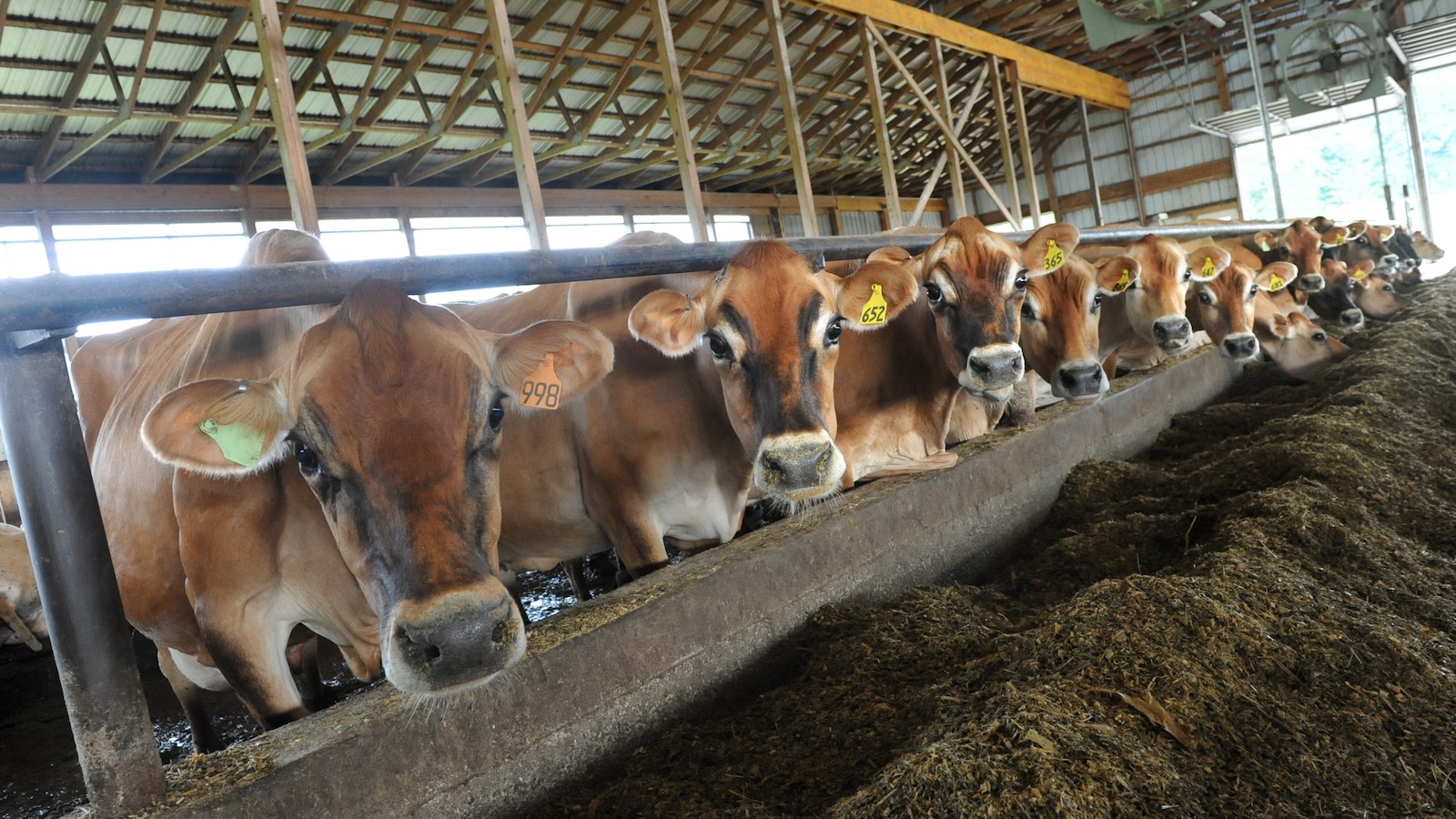Now Reading: Factory Farms: A Growing Threat to Air Quality and Health
-
01
Factory Farms: A Growing Threat to Air Quality and Health
Factory Farms: A Growing Threat to Air Quality and Health

swift Summary:
- A new study by the University of California,Santa Barbara,and the University of Michigan highlights environmental justice concerns surrounding animal feeding operations (AFOs),frequently enough referred to as factory farms,in the United States.
- The research finds higher levels of fine particulate matter (PM2.5) in census tracts with cattle (+28%) and hog farms (+11%) compared to those without such operations.
- Communities near these facilities often have higher percentages of Latino residents and uninsured individuals, who are notably vulnerable to health risks associated with air pollution from AFOs.
- Health impacts include potential increases in emergency room visits and hospitalizations due to respiratory issues caused by pollutants like ammonia and hydrogen sulfide emitted from manure storage practices (e.g., open-air lagoons).
- Approximately 25% of all AFOs are concentrated within just 30 counties across the U.S., creating opportunities for targeted local policy interventions.
- The Environmental Protection Agency recently upheld a rule exempting animal farms from mandatory disclosure of toxic air emissions, reflecting limited federal oversight in this sector.
- Researchers combined multiple datasets and satellite imagery to map AFO locations but acknowledge limitations such as excluding poultry farms and certain demographic relationships near these sites.
Indian Opinion Analysis:
The findings offer critical insights into environmental justice issues that may resonate beyond U.S. borders, including India. As a nation developing its agricultural infrastructure amidst rapid urbanization, India could take proactive lessons from this study on ensuring equitable distribution of environmental burdens. Industrialized farming models risk intensifying health disparities if emissions regulations remain underdeveloped or poorly enforced.India faces similar challenges regarding water scarcity aggravated by climate change-issues compounded when considering large-scale livestock farming’s impact on groundwater resources and air quality. While India’s agricultural policies emphasize rural livelihoods, careful management is necessary to balance economic benefits against long-term public health costs for marginalized communities living near high-pollution industries. Robust data collection akin to this U.S.-based research would be pivotal for designing inclusive environmental policies tailored to Indian socio-economic realities.Read More























